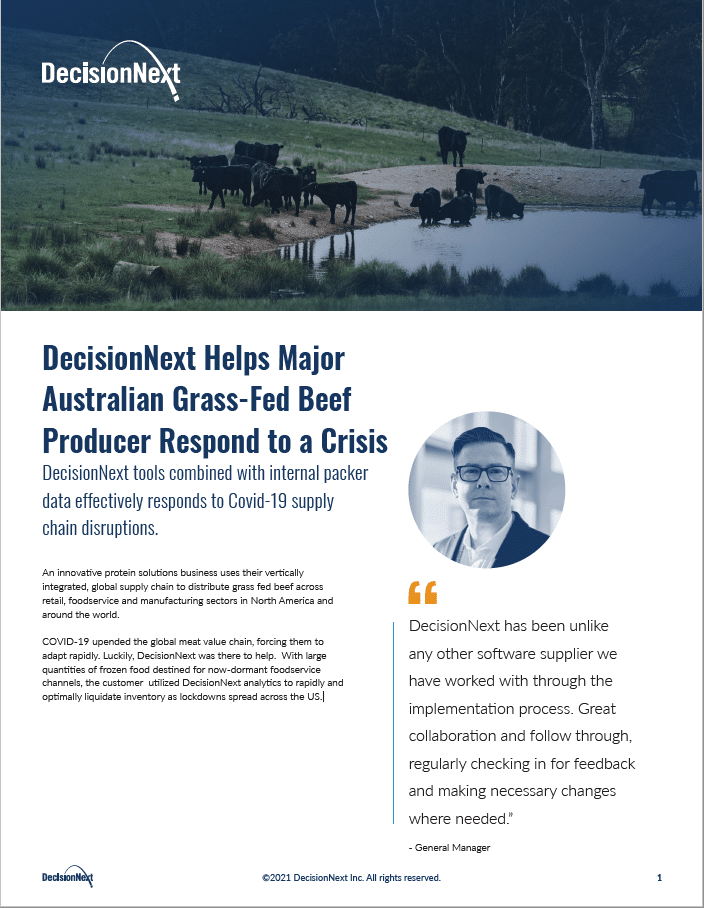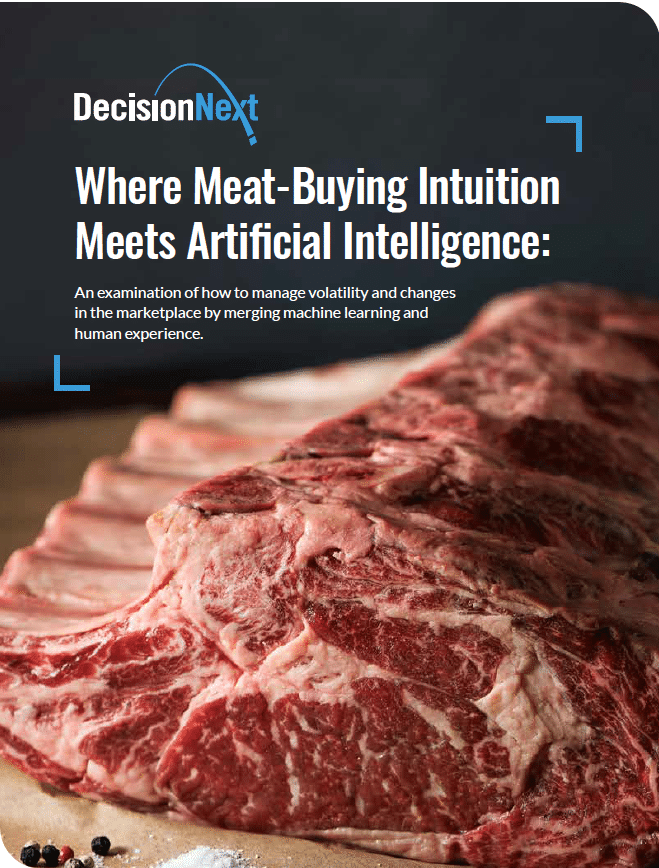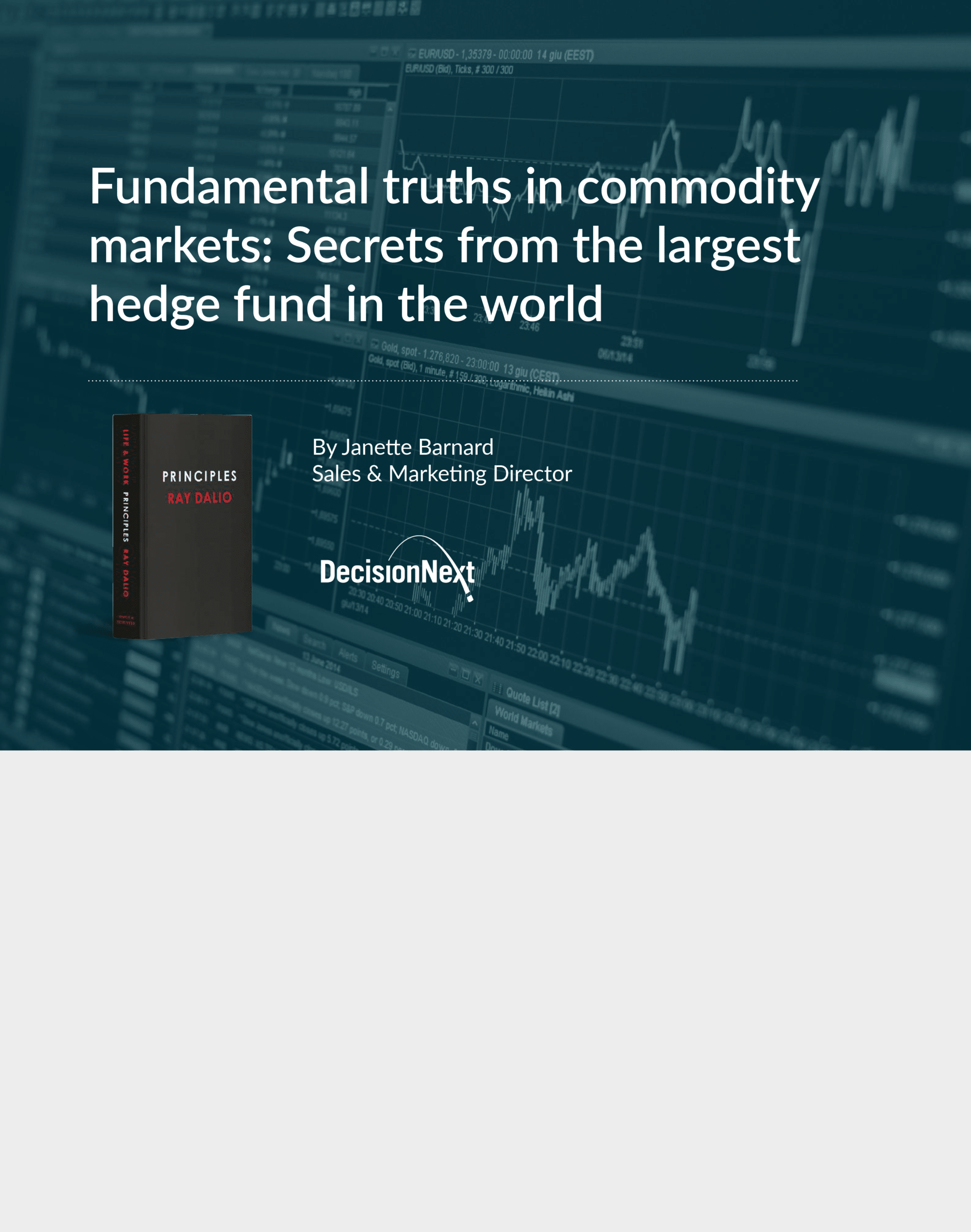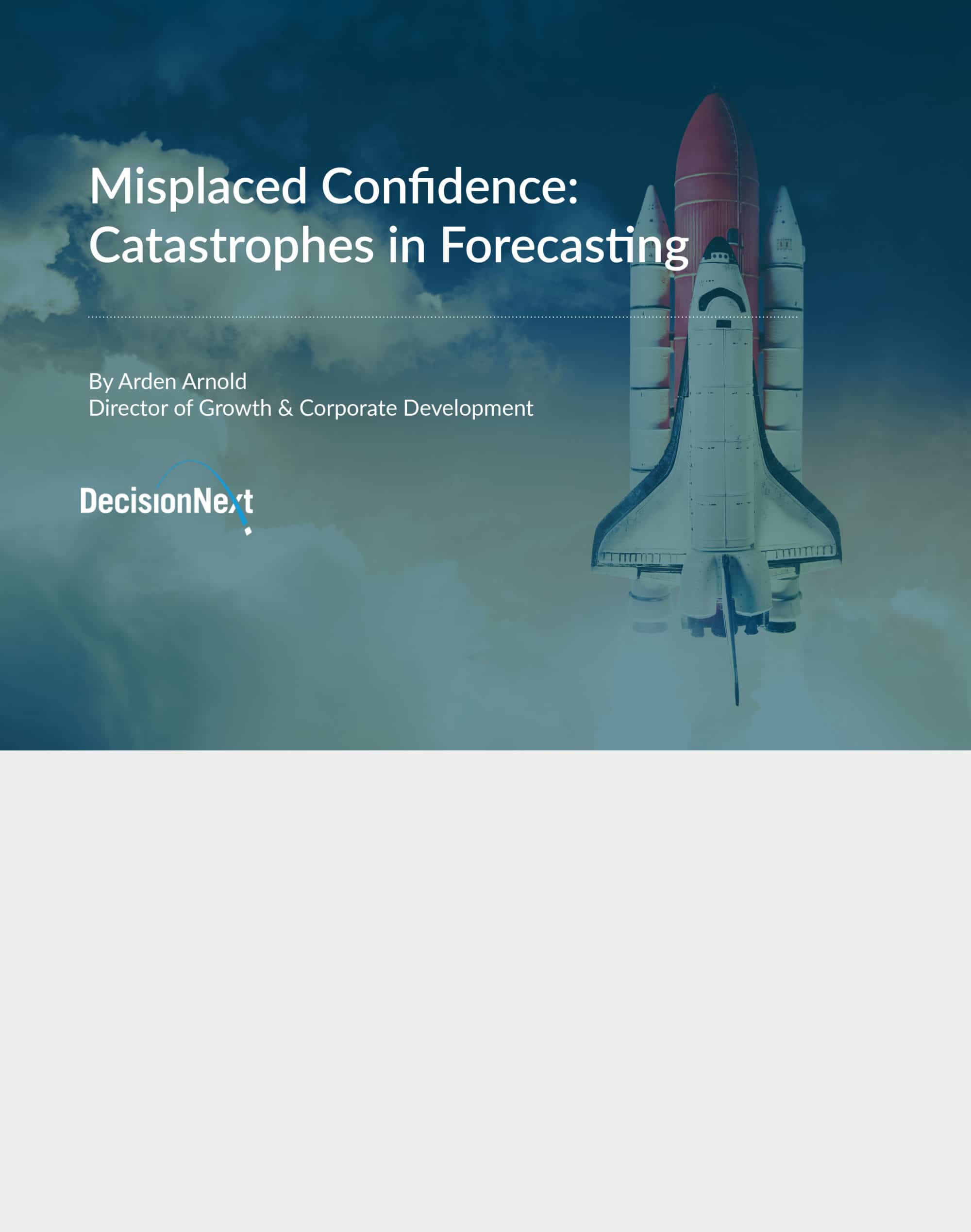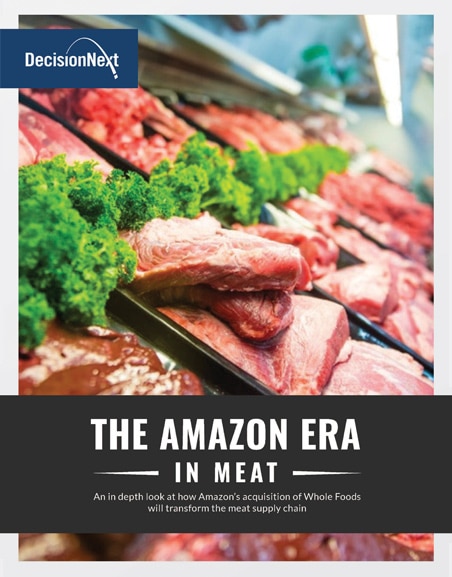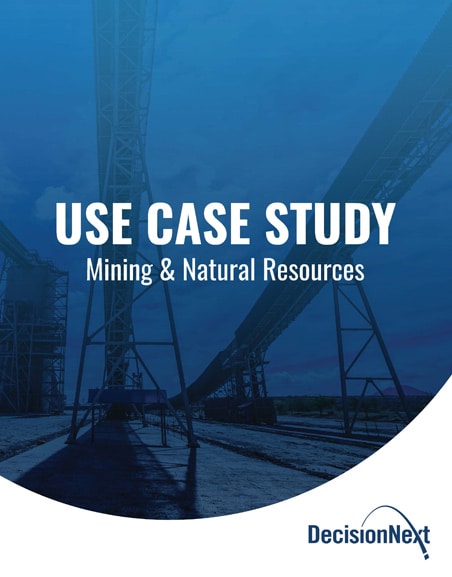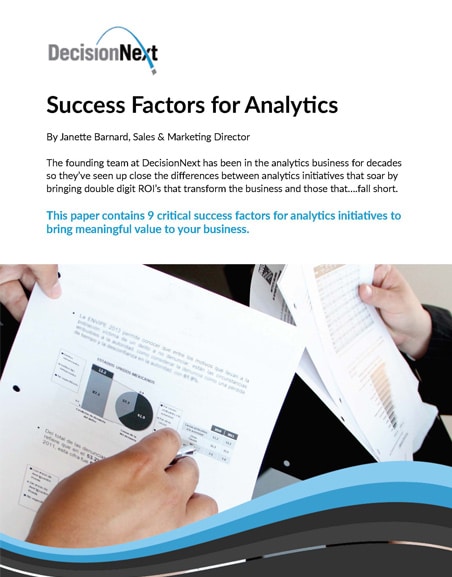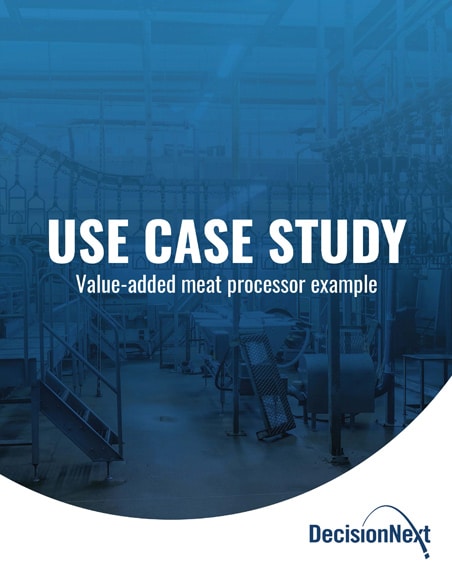Last week I overheard an interview taking place in Starbucks.
Interviewer: What is your biggest weakness?
Interviewee: Well I take too much responsibility for my work. Which is of course terrible.
I’d bet a Venti Skinny Mocha Latte that is not the biggest weakness that could impact the interviewee’s job performance. Their lack of self awareness might be though.
But that’s not unusual. We humans tend to be pretty bad at self awareness whether its in terms of our skill weaknesses, character flaws, or more relevantly, the cognitive biases we bring to decision making.
Executives, purchasing and sales teams, and traders face cognitive biases every time they make a market-based decision. Those decisions tend to be high frequency and high value, raising the stakes further.
The study of how individuals make decisions under uncertainty (which is to say, all market-based decisions) has of course given rise to an entire discipline, behavioral economics. One behavioral economist is Gary Belsky, author of “Why Smart People Make Big Money Mistakes and How to Correct Them: Lessons From the Life-Changing Science of Behavioral Economics.”
According to Belsky, one key idea is “ a trait that behavioral economists call overconfidence. This is not run-of-the-mill arrogance, but rather the tendency we all have to overrate our abilities, knowledge and skill, at whatever level we might place them.”
One way this idea of overweighting our abilities plays out in meat companies is when it comes to market forecasting, particularly when we lack a clear metric to track our accuracy, i.e. if buyers/sellers/pricers forecast future market prices but fail to capture data that proves or disproves those forecasts. Without data to the contrary, we’ll tend to assume we’re pretty good.
One way to negate the overconfidence bias is through forecast calibration, which can be done through the following exercise. Ask your best forecaster to consider the price of their most familiar commodity. Have the forecaster set a lower and upper bound (aka corn prices will range between $3.70 and $4.10/bu) such that they are 90 percent confident the price of the commodity will fall within their range in one week. If you performed this exercise repeatedly and your forecaster was right 90 percent of the time (without the obvious ways to game the system), then their forecast would be 100 percent calibrated. Calibration is the degree to which someone’s confidence in a forecast matches the accuracy of that forecast.
If you know the consistency of their forecasting, this could impact how much you rely on the forecast in decision making. There are other ways to bring quantitative discipline to these areas where human biases put decision making at risk.
In the book Superforecasting: The Art and Science of Prediction, the authors explain how tracking forecast accuracy is fundamental to improving. The authors compare not tracking the accuracy of a forecast to a runner who wants to be the fastest runner but does not know their own minutes per mile or the current record.
Ray Dalio, the founder of Bridgewater, the largest global hedge fund with $160 billion under management, advocates using software algorithms that allow you to codify the decision making process.
Here’s how the concept works: use algorithms to make your market assumptions explicit, then compare actual results against those assumptions so that next time around, the assumptions get better. And, use the algorithm to compare how those assumptions would have performed against historical actuals. One of Ray’s core principles building Bridgewater was to reach the best market decisions by putting really smart humans in front of really good mathematical models.
Given the many cognitive biases humans must manage, there’s an increasingly critical role for data, analytics, and quantitative disciplines to help humans make better decisions.
Moving from gut-based, emotion-based, baggage-laden judgement calls is even more critical when those decisions have multi-million (billion?) dollar consequences for companies throughout the meat, dairy, & poultry value chain.
What work-arounds have you developed to fight cognitive biases in decision making?
Interested in how the best of the best overcome cognitive bias to realize success in market based decisions? Download this white paper to get more practical recommendations from Ray Dalio & his book, Principles.
This article was originally published at Meatingplace.

